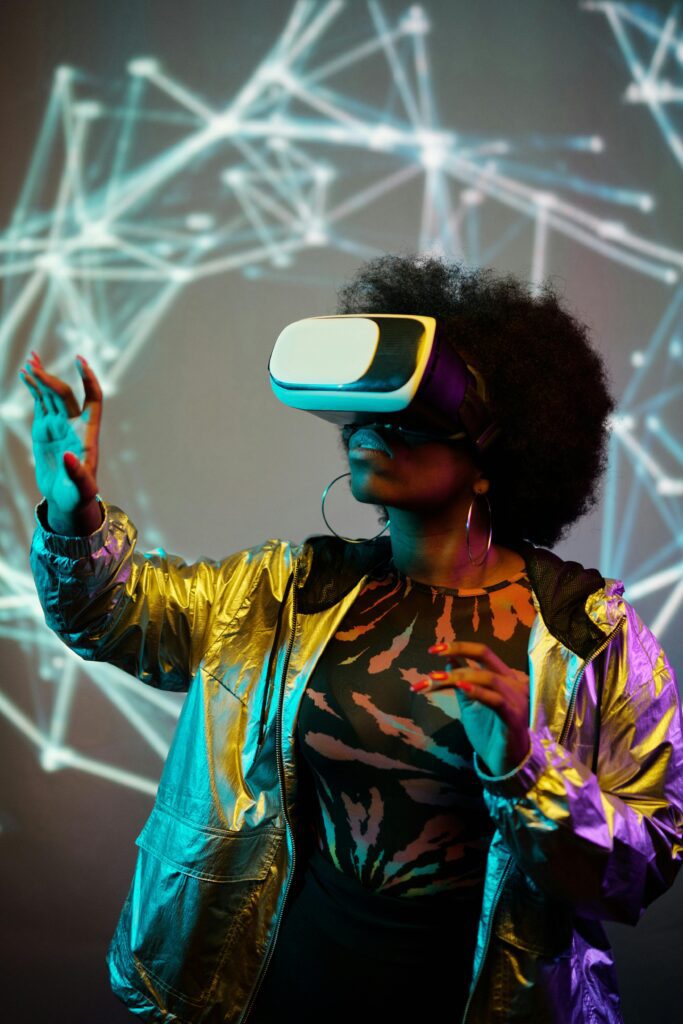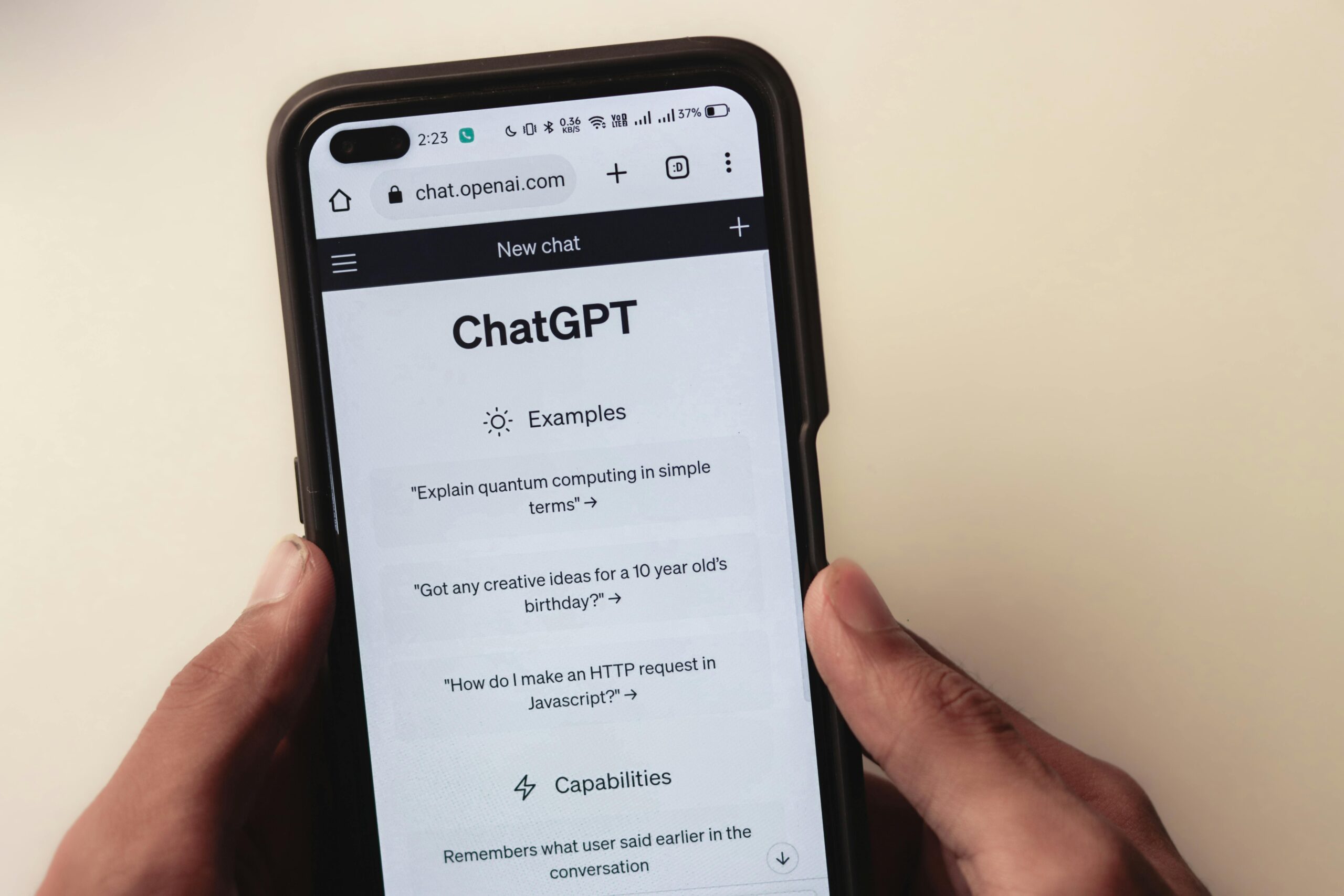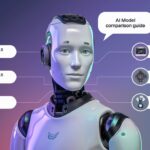Tencent has unveiled GameGen-O, a revolutionary artificial intelligence (AI) model that promises to change how video games are created, especially in the expansive domain of open-world games. This groundbreaking AI model can generate entire game worlds — including characters, environments, events, and interactions — purely from text-based prompts.
Github link-https://gamegen-o.github.io/
As the gaming industry moves towards increased automation and efficiency, Tencent’s bold leap with GameGen-O signifies a shift that could redefine the creative processes behind game development. It taps into a vast potential for accelerating game creation while allowing creators to focus on innovation rather than mundane coding and design work.
The Rise of AI in Video Game Development
Artificial intelligence has been steadily reshaping industries worldwide, but its applications in video game development are particularly transformative. AI has been integrated into various aspects of gaming — from procedural world generation to advanced NPC behavior — but never before has an AI system been capable of creating full open-world games purely from text instructions.
GameGen-O is not just a refinement of past techniques; it represents a leap forward in terms of both scale and capability. The ability to convert written descriptions into fully interactive game environments marks a major breakthrough, allowing developers, hobbyists, and even non-programmers to rapidly prototype or create new worlds.
How GameGen-O Works
GameGen-O is trained on over 4,000 hours of video game footage, allowing it to comprehend and recreate the complex dynamics of video games. This training dataset has enabled the AI to generate content that not only looks visually appealing but is also functionally rich and immersive.
When provided with a text prompt, such as a description of a character or a scene, GameGen-O breaks down the input into key components. It then uses its deep understanding of game mechanics to generate a matching game world. The result is an open-world video game that adapts dynamically to the user’s narrative vision.
For example, a simple prompt like “Create a medieval city with bustling markets, knights patrolling the streets, and an epic battle scene at the city gates” will lead GameGen-O to generate all the necessary elements — from the city’s layout and architecture to NPC behaviors, animations, and interactive events.
AI-Generated Characters and Environments
One of the standout features of GameGen-O is its ability to create intricate characters and environments. The AI can generate detailed, lifelike avatars with unique personalities, skills, and backstories, giving players a sense of immersion in their gaming experience. Environments, on the other hand, are crafted to respond to the player’s actions, delivering a fluid and dynamic world.
What sets GameGen-O apart is the sheer diversity it offers. Instead of generic designs, it tailors each character and environment to fit the specific tone and narrative set by the text prompt. Whether it’s a high-tech cyberpunk city or a lush, sprawling fantasy kingdom, GameGen-O captures the essence of the world it’s creating and imbues it with richness and detail.
The Future of AI in Game Development
With GameGen-O, Tencent has demonstrated how AI can transcend the boundaries of traditional video game development. In the past, creating open-world games required large teams of designers, artists, and programmers, often taking years to complete. GameGen-O has the potential to shorten this process to a fraction of the time, making game development more accessible to small teams or even individual creators.
Moreover, the model hints at the future of personalized game experiences. By giving users control over the creative process through simple text inputs, GameGen-O opens the door to customized, player-specific worlds. No longer would players be confined to pre-designed content; instead, they could potentially influence game environments in real time, allowing for an unprecedented level of immersion and engagement.
Enhancing Creativity Through AI Collaboration
There is a common misconception that AI models like GameGen-O are meant to replace human creativity, but in reality, they serve as powerful tools that enhance creative capabilities. With GameGen-O, developers can focus more on crafting compelling narratives, innovative gameplay mechanics, and rich player interactions rather than spending time on routine coding and asset generation.
By automating the more tedious aspects of game development, AI allows creative professionals to explore more ambitious ideas. Imagine the possibility of indie developers producing AAA-quality games with the help of AI, breaking down barriers that previously kept innovation within the realm of major studios.
Challenges and Ethical Considerations
While the potential of AI-generated video games is exciting, it does raise certain challenges and ethical considerations. Intellectual property rights, for example, become murkier when AI generates characters or environments based on existing media. How can companies ensure that their creations are original and not inadvertently infringing on other copyrighted works?
Moreover, there’s the question of quality control. While AI models can generate content quickly, they may not always meet the standards of human-designed worlds in terms of depth, coherence, or creativity. Developers will need to find the right balance between AI automation and human oversight to ensure that the final product maintains a high level of quality.
Evolving Role of Game Developers
As AI continues to evolve, the role of game developers will likely shift from direct content creation to overseeing and fine-tuning AI-generated assets. Developers will become more like directors or curators, guiding the AI’s creative output to align with their vision.
This new paradigm could lead to a democratization of game development, where even individuals with limited technical knowledge can create complex, interactive worlds. It also offers an opportunity for game developers to experiment with new forms of storytelling and gameplay mechanics, as AI handles much of the technical burden.
GameGen-O in Action
To showcase the power of GameGen-O, Tencent has released a series of demos that highlight its capabilities. In one demonstration, the AI was prompted to create a sci-fi world filled with futuristic cities, alien landscapes, and interstellar battles. Within minutes, the system produced a fully navigable game environment complete with spaceships, NPCs, and questlines.
The seamlessness of this process is what makes GameGen-O so groundbreaking. Instead of weeks or months of development time, complex games are now generated almost instantly, offering players and developers alike a glimpse into the future of interactive entertainment.
Expanding into Other Genres
While GameGen-O’s initial focus has been on open-world video games, the technology is versatile enough to apply to a range of genres. From first-person shooters to real-time strategy games, GameGen-O has the potential to streamline the development process for virtually any type of game.
The prospect of AI-generated video games also raises interesting possibilities for genres that rely heavily on player agency, such as role-playing games (RPGs). With GameGen-O, players could have a direct hand in shaping the game world as they play, creating a dynamic, evolving narrative that responds to their decisions.
FAQs
1.How does GameGen-O work in video game development?
GameGen-O converts text-based prompts into fully interactive open-world game environments, characters, and events using AI trained on 4,000 hours of video game footage.
2.What are the benefits of using AI like GameGen-O for game development?
AI significantly reduces development time, allowing creators to focus on innovation while automating technical tasks like coding and asset creation.
3.Can GameGen-O create games in different genres?
Yes, while its initial focus is on open-world games, GameGen-O’s technology is adaptable for various genres, including RPGs, shooters, and strategy games.
4.Does GameGen-O replace human game developers?
No, AI models like GameGen-O enhance human creativity by automating tedious tasks, allowing developers to focus on higher-level design and innovation.
5.What challenges could arise from AI-generated games?
Ethical concerns, intellectual property rights, and ensuring the quality of AI-generated content are key challenges that developers will need to address.
6.Will AI-generated games have the same depth as human-designed games?
While AI can create functional game environments, human oversight is still necessary to ensure that the narrative, creativity, and overall quality meet expectations.








